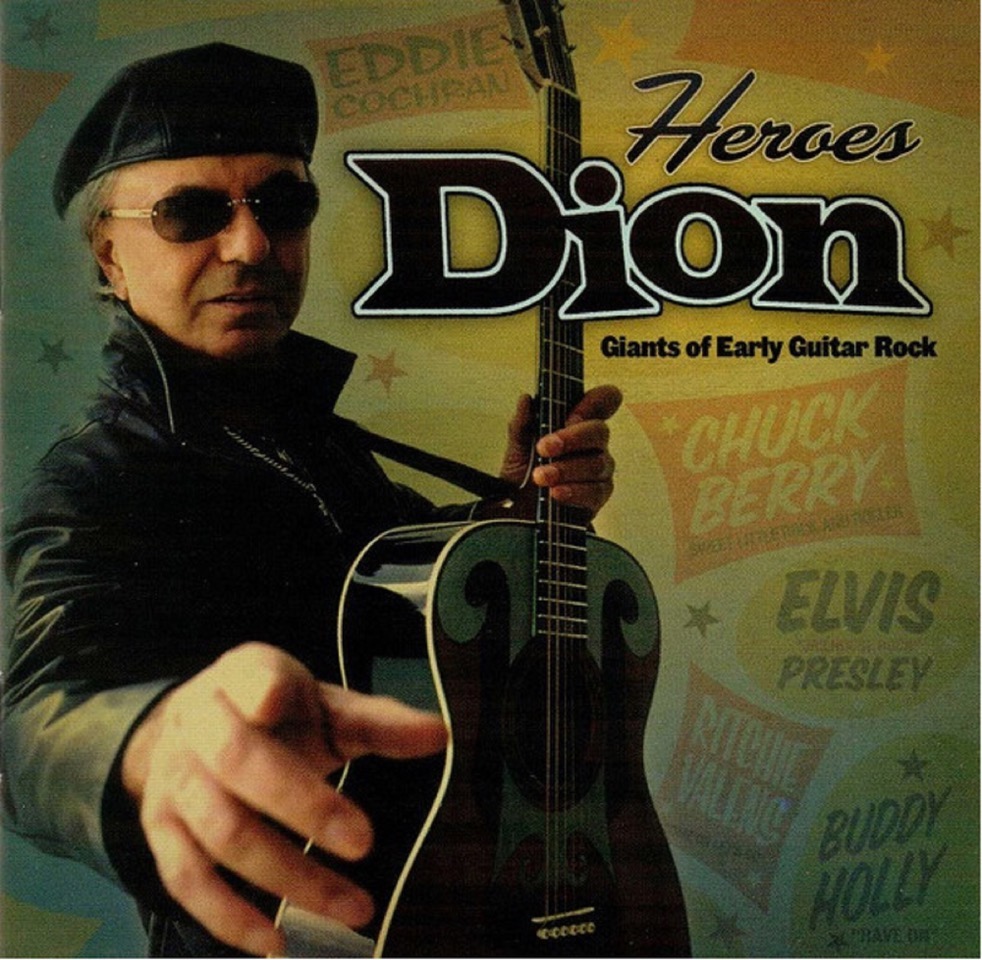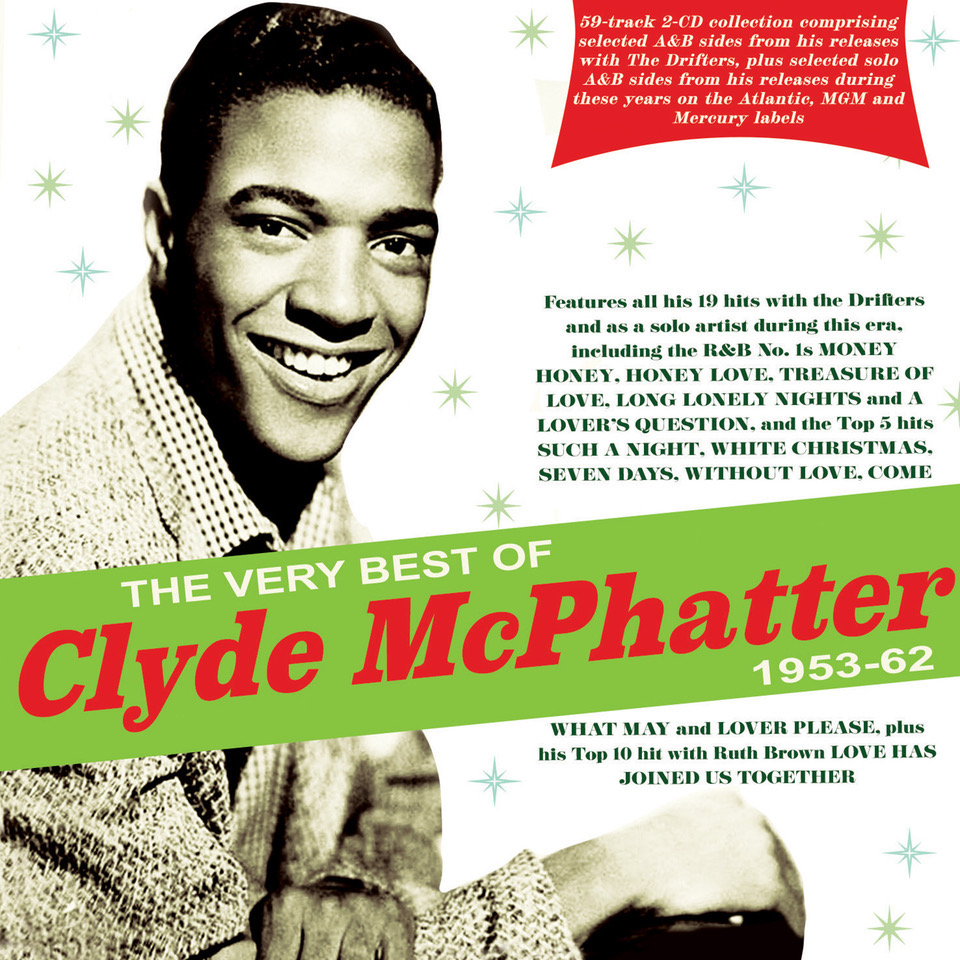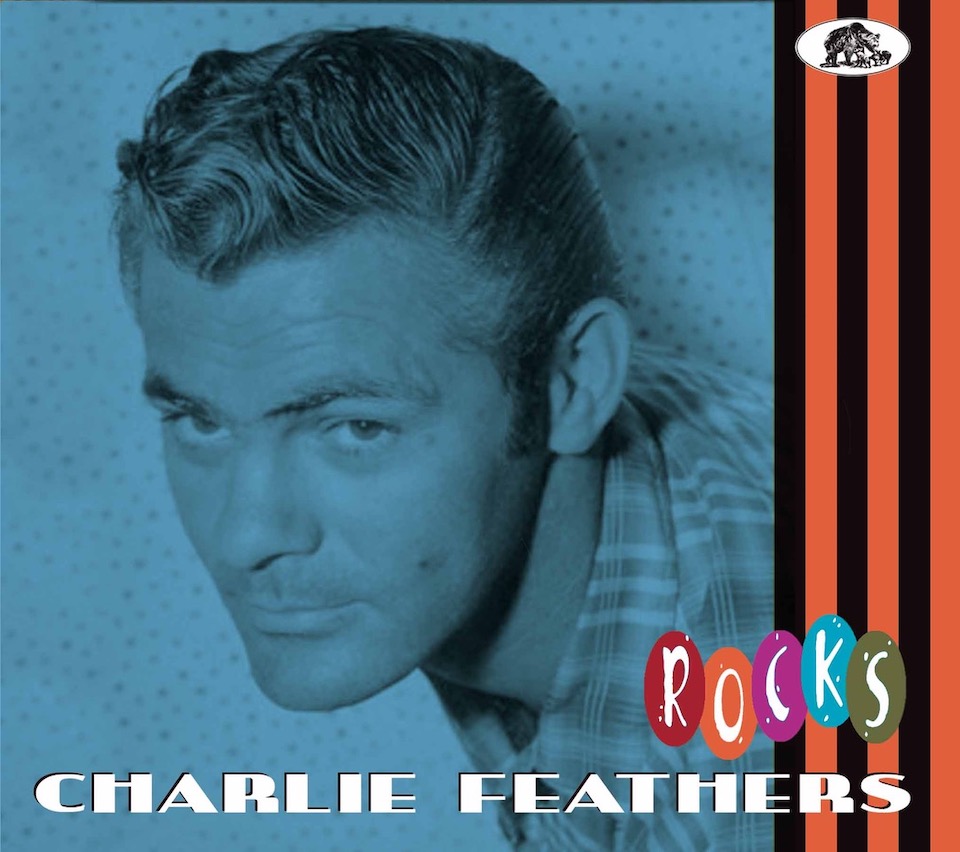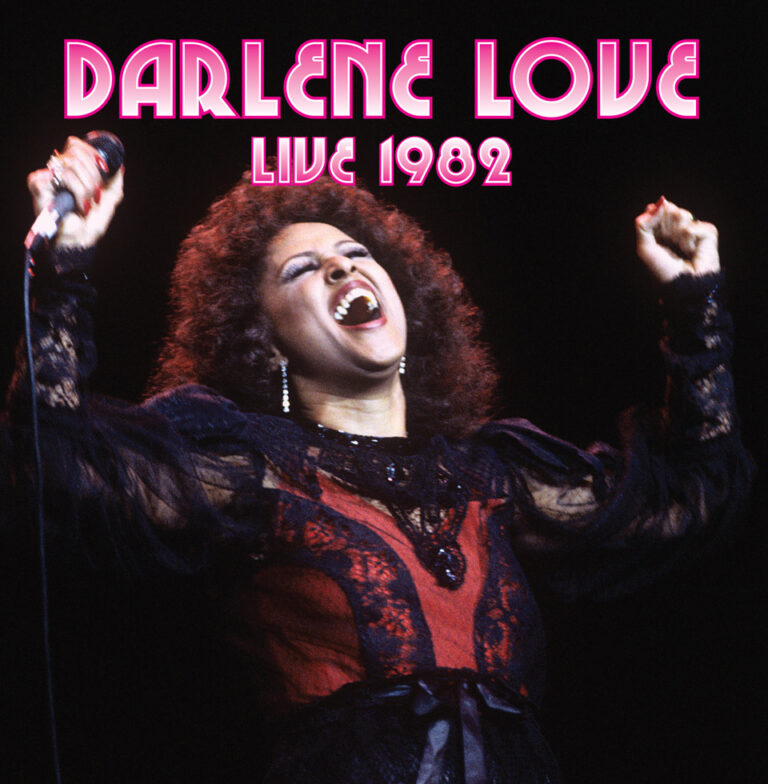This month has witnessed the rerelease of music from four important voices from rock’s early days.
Let’s start with Darlene Love, whose Live 1982 – a vinyl album from 1985 – just debuted on CD and standard-definition DVD. Love, one of Phil Spector’s greatest vocalists, was a one-woman hit factory in the 1960s but received only a fraction of the acclaim she deserved because she wasn’t credited on many of her bestselling records.
Under her own name, she recorded such Phil Spector–produced classics as “(Today I Met) the Boy I’m Gonna Marry,” “Wait ’Til My Bobby Gets Home,” and “Christmas (Baby Please Come Home).” But she also provided lead vocals on “He’s Sure the Boy I Love” and the chart-topping “He’s a Rebel,” both of which Spector credited to the Crystals; and she sang such treasures as “Not Too Young to Get Married” and “Why Do Lovers Break Each Other’s Hearts?” as a member of Bob B. Soxx & the Blue Jeans, another Spector group. Plus, she provided backup vocals on a long list of other major 1960s hits – everything from the Crystals’ “Da Doo Ron Ron” and the Ronettes’ “Be My Baby” to Frank Sinatra’s “That’s Life” and Shelley Fabares’s “Johnny Angel.”
Surprisingly, despite her involvement in all these hits, Love later experienced a career slump so severe that she wound up covering her bills by cleaning houses. That gig ended on the day she was scrubbing a woman’s bathroom and heard her own Christmas song come on the radio. That experience reminded her of what she was meant to do and set her on a path back to music-making. Love subsequently performed at New York’s influential Bottom Line; appeared annually on David Letterman’s Christmas show; played herself in the Tony-nominated Leader of the Pack on Broadway; and in 2011, was inducted into the Rock & Roll Hall of Fame.
Live 1982, which Love recorded at an L.A. jazz club around the beginning of her comeback years, had been unavailable for decades. The singer is at the top of her game throughout this set, which finds her exuberantly running through most of the Spector-era songs mentioned above, plus a gospel medley and covers of Bruce Springsteen’s “Hungry Heart” (which wasn’t on the 1985 LP), Dan Hill’s “Sometimes When We Touch,” and the Beatles’ “We Can Work It Out.” The whole performance is impressive, but it’s the versions of Love’s 1960s triumphs that will really put a smile on your face.

Dion, another deservedly legendary singer from rock’s early years, featured 15 classic songs in 2008’s Heroes: Giants of Early Guitar Rock, which has just been reissued. The original versions of most of these tunes incorporate memorable vocals, and Dion’s are terrific as well. As the album title suggests, however, he selected the songs primarily to pay tribute to their guitarists, many of whom aren’t as well known as their singers; for that matter, Dion’s own considerable guitar talents aren’t as widely appreciated as his vocals.
The program on Heroes includes material from such Rock & Roll Hall of Famers as Elvis Presley (“Jailhouse Rock”), Del Shannon (“Runaway”), Roy Orbison (“Dream Baby”), Buddy Holly (“Rave On”), the Everly Brothers (“Bye Bye Love”), Ritchie Valens (“Come On, Let’s Go”), and Dion himself (“The Wanderer”). A noteworthy bonus DVD finds him talking about what each song means to him and playing snippets from some of them. He also talks movingly about his 1959 concert tour with Holly, Valens, and the Big Bopper – and about their doomed airplane flight that February, which he didn’t take because he wanted to avoid the $35 cost of a seat.

Though Clyde McPhatter died at only 39, this distinctive tenor managed to fit an important 22-year recording career into his life. First, he served as a lead singer with Billy Ward and the Dominoes, a vocal group that subsequently included the great Jackie Wilson and that helped to bridge the gap from R&B and doo-wop to rock. After that, he sang lead for two years with the original Drifters, recording such R&B gems as “Such a Night,” “Honey Love,” and “Money Honey.” Finally, he spent about 15 years as a solo artist, during which time he scored two Top 10 smashes, 1958’s “A Lover’s Question” and 1962’s “Lover Please,” as well as a variety of lesser hits.
The Very Best of Clyde McPhatter 1953–62 regrettably omits his years with the Dominoes, but this well-annotated two-CD set delivers just about everything you need from his subsequent work. Among the 59 tracks are all his key A and B sides with the Drifters, plus all his solo R&B and pop hits for three labels. In addition to the numbers mentioned above, the set includes such standouts as the Drifters’ “White Christmas,” McPhatter’s “Treasure of Love,” and “Love Has Joined Together,” a 1955 duet with “Queen of R&B” Ruth Brown.

Charlie Feathers’ name is likely to draw a blank even from many people who are old enough to have been listening to music during the 1950s when this rockabilly pioneer recorded the bulk of his best work. The artist, who died in 1998, never had a hit, but he has come to be recognized as an innovative and highly influential singer and songwriter. In The Man Who Invented Rock ’n’ Roll, his book about Sun Records founder Sam Phillips, music journalist Peter Guralnick calls Feathers “a masterly vocalist and incandescent spirit” and says Phillips “saw him as possessing almost unlimited potential, with all of the blues feeling he could put into a hillbilly song.”
You’ll understand why Guralnick and Phillips raved when you listen to Charlie Feathers Rocks, a 31-track anthology from the singer, who grew up listening to bluegrass and blues. Embracing material from multiple labels, it devotes the bulk of its program to 1950s and sixties recordings such as “Can’t Hardly Stand It,” “Jungle Fever,” and “That Certain Female,” all of which Feathers wrote or co-wrote, as well as covers of Carl Perkins’s “Gone, Gone, Gone” and the traditional “Frankie and Johnny.” Also here are several tracks from a subsequent rockabilly revival period, including robust versions of Arthur “Big Boy” Crudup’s “Dig Myself a Hole” and Perkins’s “Blue Suede Shoes.”
Jeff Burger’s website, byjeffburger.com, contains five decades’ worth of music reviews, interviews, and commentary. His books include Dylan on Dylan: Interviews and Encounters, Lennon on Lennon: Conversations with John Lennon, Leonard Cohen on Leonard Cohen: Interviews and Encounters, and Springsteen on Springsteen: Interviews, Speeches, and Encounters.



